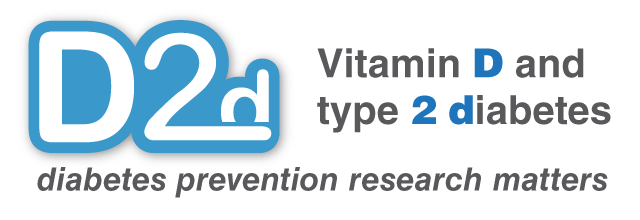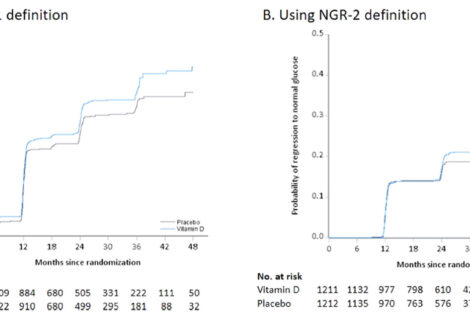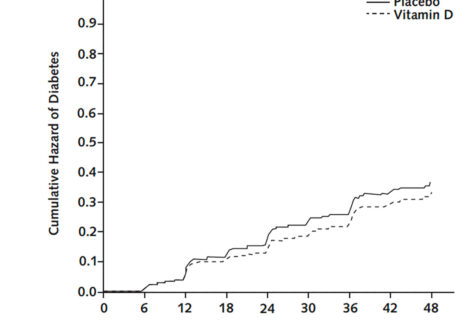Evidence on biological plausibility from mechanistic studies and data from observational studies suggest that vitamin D may be linked to risk of several types of cancer. However, evidence from clinical trials evaluating the effect of vitamin D supplementation on cancer risk is limited.
The D2d study provides a unique opportunity to assess the effect of vitamin D supplementation at a higher dose (4000 IU/day) than has been used in other clinical trials with cancer outcomes, in a population at higher-than-average risk for cancer.
In this manuscript, we describe the methods of the D2d cancer outcomes secondary study (D2dCA) and baseline characteristics of the D2dCA population.
The manuscript is published in Contemporary Clinical Trials

















